My name is Anthony, I’m 40 years old and have been working in the community for just short of 20 years. For the first 14 I worked in the Youth Service and Connexions, what used to be known as the Careers Service.
I was made redundant in 2011 and, to cut a long story short, it was the best thing that ever happened to me, although it didn’t feel like that at the time!
It doesn’t matter how big or hard you are, if you care about the work you do and it is taken away from you, you wobble.
It would have been relatively easy to pick up another local authority job and, with a wife, two children and a mortgage, it would have been the safer bet.
But I knew in my heart of hearts that I could never go back. I had felt stifled for years and it had made me ill.
Instead I decided to follow my dreams.
My mother – Jaqueline – just happened to be going through a similar struggle of redundancy which was a blessing in disguise as we were able to support each other.
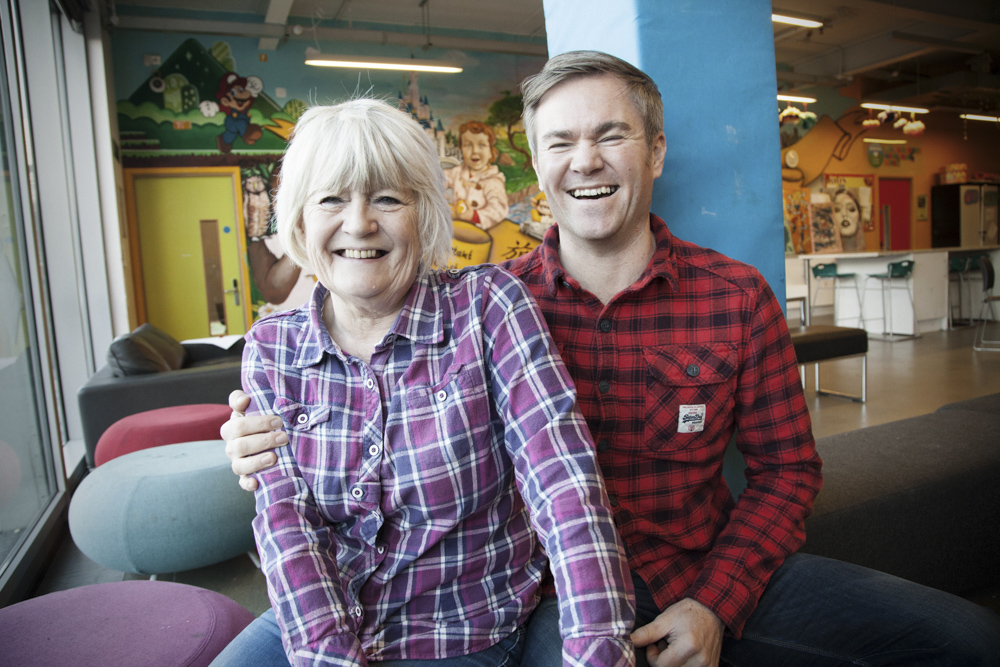 I have a huge respect for my mother’s professionalism and devotion to building community spirit. She’s an inspiration to me and the many others she’s supported over the years.
I have a huge respect for my mother’s professionalism and devotion to building community spirit. She’s an inspiration to me and the many others she’s supported over the years.
Our relationship is a mixture of loving solidarity tempered with brutal honest communication. It’s not an easy relationship but it’s real in every sense of the word.
Our willingness to continue to do what we loved as well as my mother’s matriarchal desire to support her eldest son with his dream gave us a fighting chance.
We picked up a bit of work, although not enough to pay my wages. But with some financial reshuffling and my modest redundancy payout, we saw it through.
Since late 2011 it’s been a hairy ride: just enough money to keep me afloat, some great projects delivered and some ‘difficult’ ones that made us take a serious look about what we set out to achieve.
Having facilitated hundreds of community projects over the years we’ve found an approach that works and is sorely needed. We use reminiscence as a mindfulness tool to improve emotional and psychological wellbeing as well as building community spirit.
Community wellbeing and togetherness seem to be in short supply in today’s world where apathy, confusion and mistrust create misery and division. For many young people this is the norm but the older generation remember how it used to be.
Despite the poverty and war that many older people experienced, they rememberer a time when people stuck together, when it was natural to leave your door open. This ‘memory’ is the foundation to our work and no amount of clinical intervention can bring it back.
Instead of focusing on what’s wrong with people and communities based upon adherence to a conjured-up definition of normality we seek to unlock creativity, share life stories and celebrate life.
We aim to develop trusting relationships within groups with the understanding that they have all the answers to their individual and collective wellbeing. In professional parlance this is called ‘Asset Based Community Development’ or ABCD.
And my work is as easy as ABCD when I am truly authentic, meaning that I don’t try and pretend to be any other than myself, ‘to thine own self be true…’
I know this sounds very cryptic, but I know from personal experience it’s extremely difficult to truly be yourself when you’re getting paid to tow the company line. There’s a parapet: don’t get shot!
I consider myself to be the luckiest man alive. It’s a privilege to do what I do, to hear the stories of old, to see people come alive in groups where previously there was great tension and anxiety.
I can now say that all those years of professional crisis – where I questioned myself and the organisations in which I worked – were all worth it. I backed myself to the hilt and it paid off!
Anthony Bradley is part of the Local Reference Group for the Fourteen programme in Harpurhey and Moston. His reminiscence company is called Everyday People.
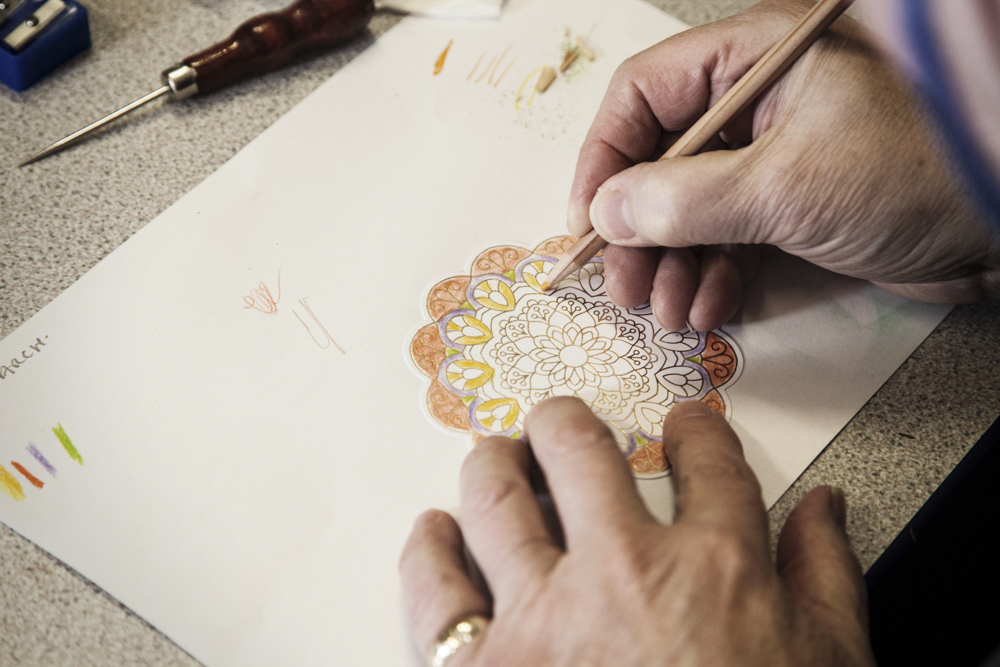 Ill health becomes the topic of conversation and one of the members says that she swears by ‘Pulmo Baileys’. There’s a stunned silence because no one else has heard of it.
Ill health becomes the topic of conversation and one of the members says that she swears by ‘Pulmo Baileys’. There’s a stunned silence because no one else has heard of it.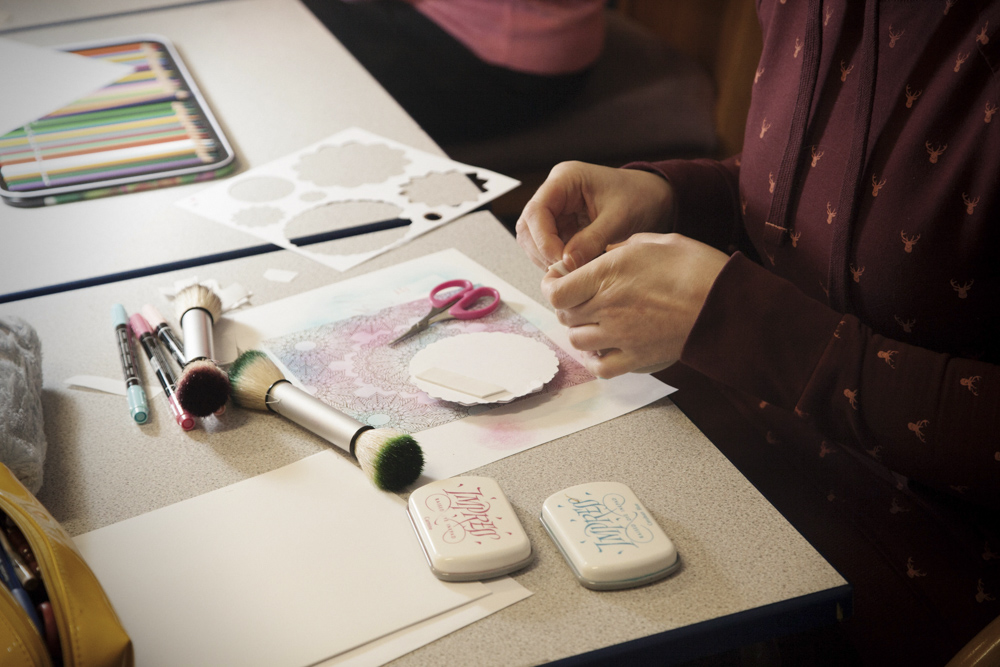 Someone fondly remembers the weekly spoon of cod liver oil, and whilst half the group lick their lips at the memory, the rest of us grimace. That’s obviously one you either love or hate.
Someone fondly remembers the weekly spoon of cod liver oil, and whilst half the group lick their lips at the memory, the rest of us grimace. That’s obviously one you either love or hate.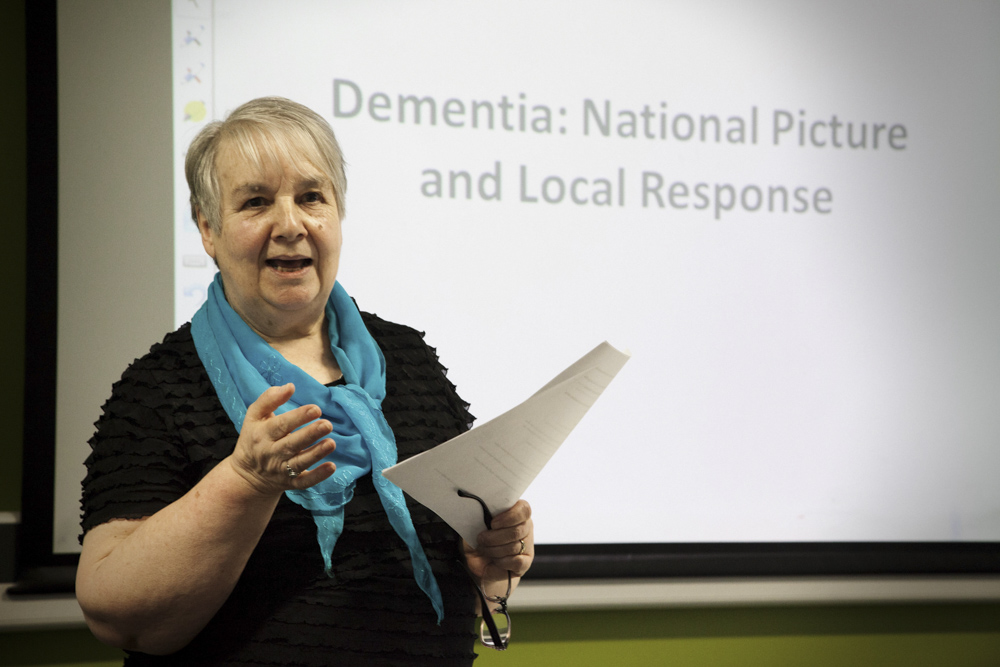 I don’t know much about Joan’s work. I thought coming to today’s Community Conference on Dementia would be a good way of finding out.
I don’t know much about Joan’s work. I thought coming to today’s Community Conference on Dementia would be a good way of finding out.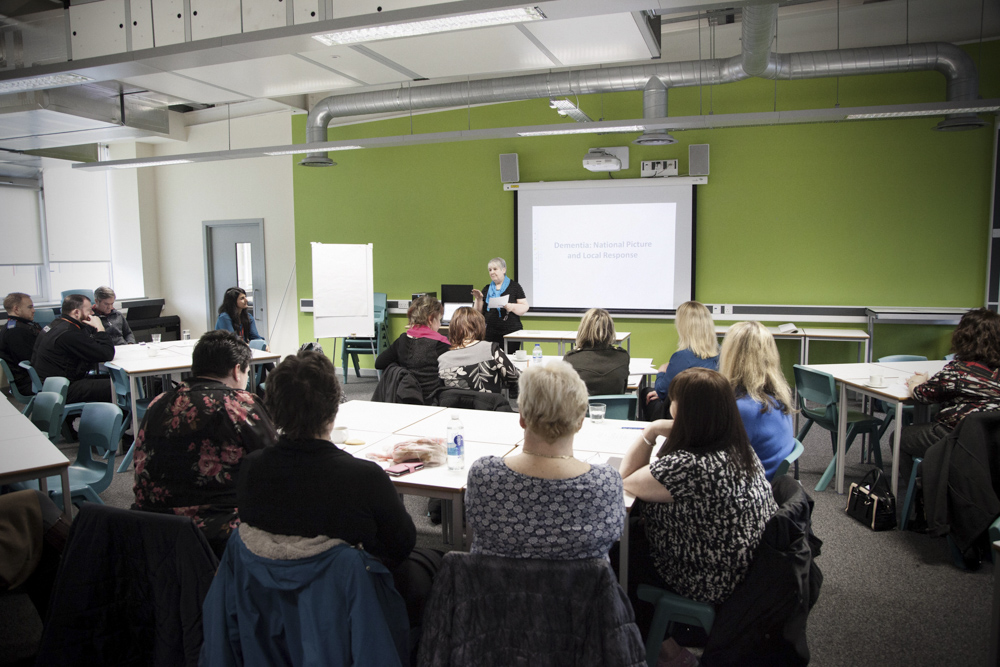 She next introduces Dr Ruth Thompson, a Manchester GP and commissioner of mental health services, who gives us an overview on dementia. “1 in 3 of the over-65s will have dementia,” she says, “and 1 in 3 of us will be involved with caring with someone living with dementia.”
She next introduces Dr Ruth Thompson, a Manchester GP and commissioner of mental health services, who gives us an overview on dementia. “1 in 3 of the over-65s will have dementia,” she says, “and 1 in 3 of us will be involved with caring with someone living with dementia.”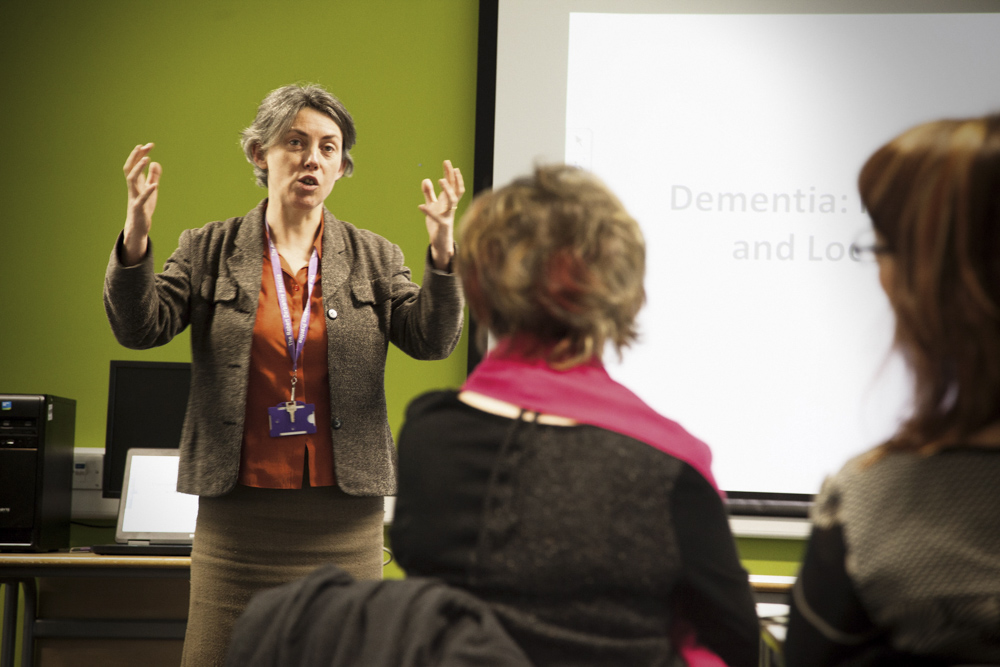 Ruth sets an upbeat tone and tells us that Manchester has some money for innovative ways of supporting dementia sufferers. This has got to be good news for people like Joan who can put it to good use.
Ruth sets an upbeat tone and tells us that Manchester has some money for innovative ways of supporting dementia sufferers. This has got to be good news for people like Joan who can put it to good use.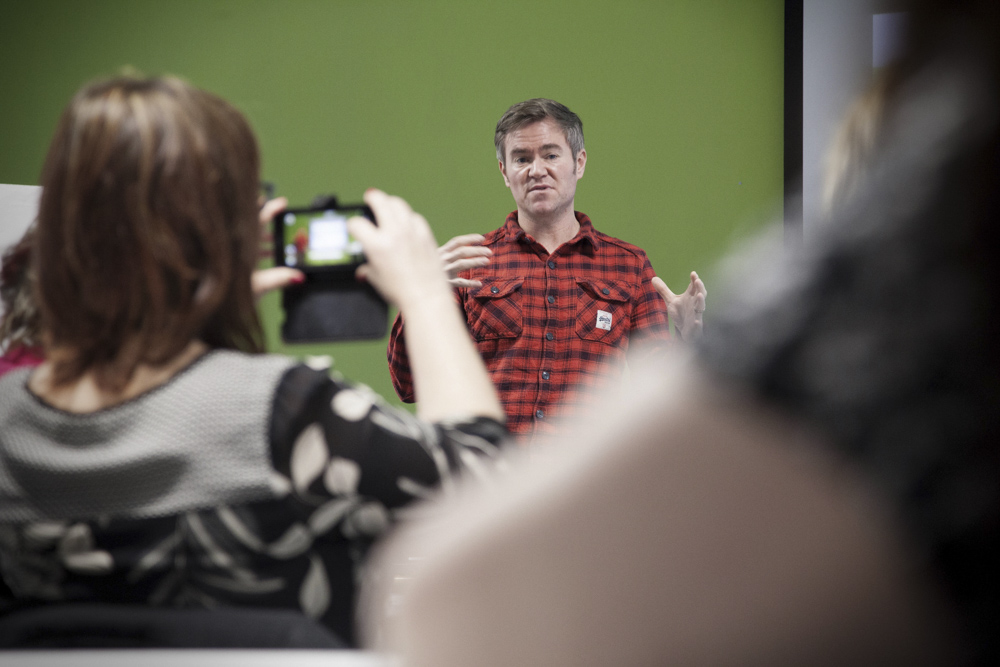 Anthony explains that music is a powerful tool in his work. “Yesterday we played songs from the musicals, from Evita, and a few of the ladies started crying.
Anthony explains that music is a powerful tool in his work. “Yesterday we played songs from the musicals, from Evita, and a few of the ladies started crying.